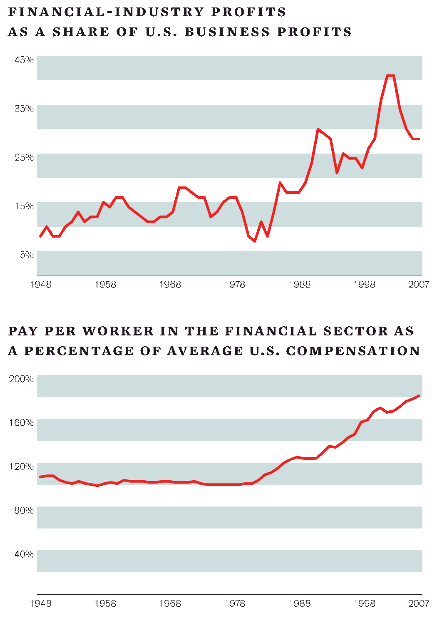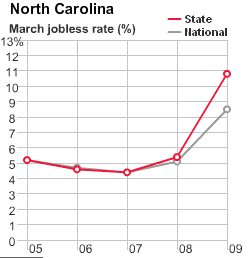Newspaper free-fall
by henrycopelandMonday, April 27th, 2009
Newspapers plummeting versus last March:
USA TODAY — 2,113,725 – (-7.46%)
THE WALL STREET JOURNAL — 2,082,189 — 0.61%
THE NEW YORK TIMES — 1,039,031 — (-3.55%)
LOS ANGELES TIMES — 723,181 — (-6.55%)
THE WASHINGTON POST — 665,383 — (-1.16%)
DAILY NEWS (NEW YORK) — 602,857 — (-14.26%)
NEW YORK POST — 558,140 — (-20.55%)
CHICAGO TRIBUNE — 501,202 — (-7.47%)
HOUSTON CHRONICLE — 425,138 — (-13.96%)
THE ARIZONA REPUBLIC — 389,701 — (-5.72%)
THE DENVER POST (02/28/2009 to 03/31/2009) — 371,728 — N/A
NEWSDAY — 368,194 — (-3.01%)
THE DALLAS MORNING NEWS — 331,907 — (-9.88%)
STAR-TRIBUNE, MINNEAPOLIS — 320,076 — (-0.71%)
CHICAGO SUN-TIMES — 312,141 — (-0.04%)
SAN FRANCISCO CHRONICLE — 312,118 — (-15.72%)
THE BOSTON GLOBE — 302,638 — (-13.68%)
THE PLAIN DEALER, CLEVELAND — 291,630 — (-11.70%)
DETROIT FREE PRESS — 290,730 — (-5.90%)
THE PHILADELPHIA INQUIRER — 288,298 — (-13.72%)
THE STAR-LEDGER, NEWARK, N.J. — 287,082 — (-16.82%)
ST. PETERSBURG (FLA.) TIMES — 283,093 — (-10.42%)
THE OREGONIAN, PORTLAND — 268,512 — (-11.76%)
THE ATLANTA JOURNAL CONSTITUTION — 261,828 — (-19.91%)
SAN DIEGO UNION-TRIBUNE — 261,253 — (-9.53%)


